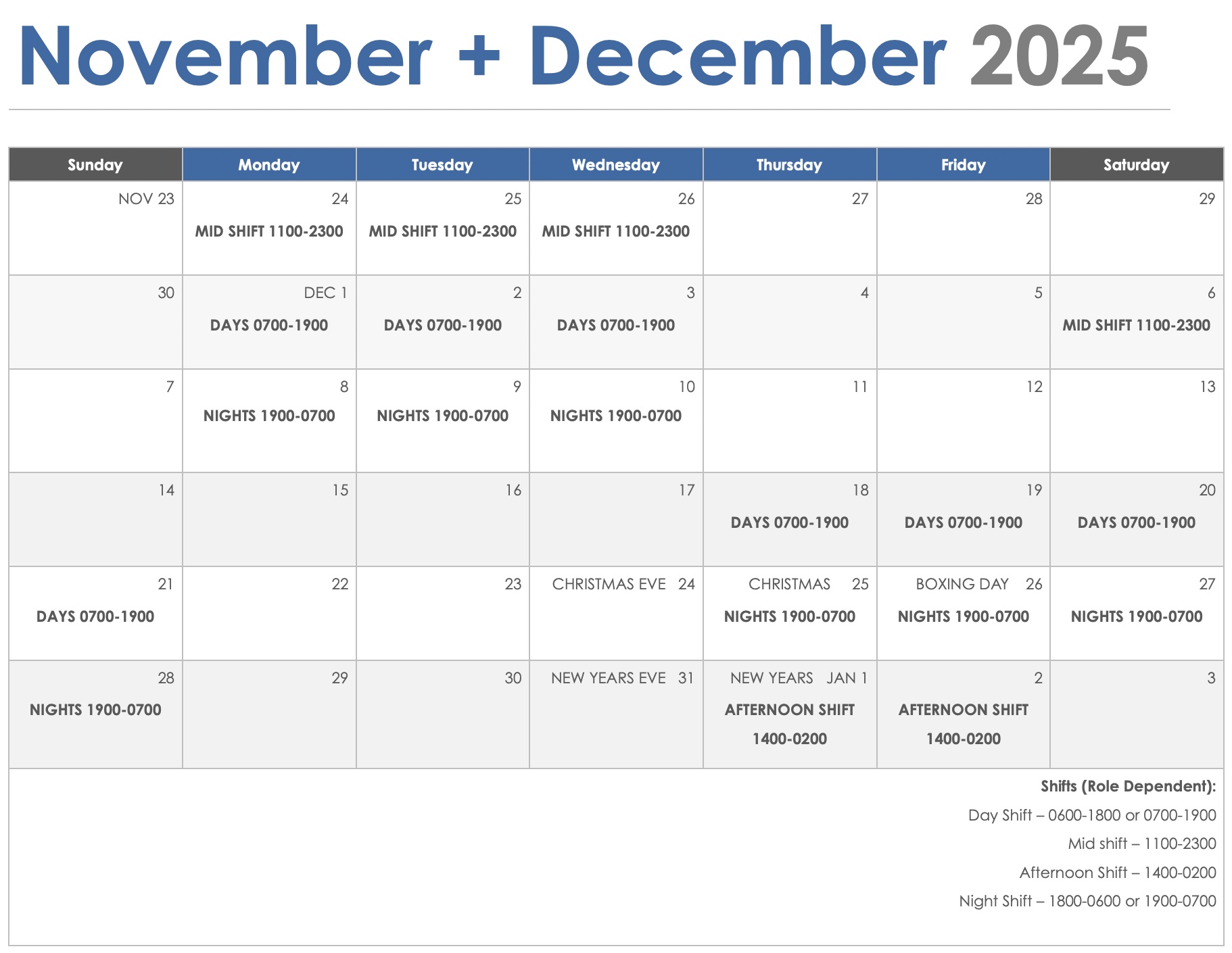
Toronto Paramedic Services is the sole provider of emergency ambulance response within the City of Toronto. A critical component of our mandate is to maintain and operate a thoroughly integrated Central Ambulance Communications Centre (CACC). This facility, fully equipped with high-end, groundbreaking telecommunications technology, ensures that the public gains immediate access to Toronto’s emergency medical resources.
The smooth and efficient operation of the CACC is entirely dependent on the dedication, expertise and professionalism of the dispatch staff.
If you are considering a career in this field, the following will give you an overview of our selection process, training programs and additional information which should help you determine if the position of Emergency Medical Dispatcher (EMD) is right for you.
To help determine whether a career in dispatching is for you, we have included a self-assessment survey.
EMDs work on a rotating shift schedule including day and night shifts. See the attached sample schedule to get an idea of what your work schedule might look like once your training is complete:

The goal of this process is to identify candidates who possess the core competencies and fundamental skills necessary to become an effective EMD. There are a number of stages involved in the process. (Please note that a candidate must be successful at each stage in order to move on to the next.)
Candidates will be required to provide the following documentation upon request. If these documents are not provided, candidates will not be considered further in the hiring process.
We recommended that you prepare yourself for the selection process with Toronto Paramedic Services Communications Centre Recruitment Preparation Package
Resumés are thoroughly reviewed relative to the qualifications and requirements found in the job description. Resumés must be submitted online. Applicants whose resumés have been accepted from this review may be invited to proceed to the next stage.
After the application stage has closed, applicants will be invited to complete an online CritiCall typing test. This test will assess typing speed and accuracy. A minimum requirement of 35 words per minute with 90% accuracy will be required to proceed to the next stage
Candidates will receive an email from “TestGenius” containing a link to the test, test code, and additional instructions. Please monitor Spam & Junk email folders as these emails may be flagged and moved from your inbox.
Upon completion of the test and resumé screening, qualified candidates will be invited to complete an in-person CritiCall & multiple choice test.
Candidates who pass the Written & CritiCall will be invited for an interview. This is the first stage in the process where a candidate will meet a Toronto Paramedic Services employee face-to-face. This is the candidate’s opportunity to demonstrate why they should be employed by Toronto Paramedic Services as an EMD
The interviews will be conducted in Multiple Mini Interview (MMI) format and will take approximately 1 hour to complete.
This interview method provides an opportunity for candidates to apply general knowledge and personal experiences to issues relevant to the society in which they live and the health care systems in which they hope to work.
The MMI gives the candidates a fresh chance to impress with every station. The MMI provides flexibility in questions not available in traditional interviews.
Research has shown that it is fairer for the candidates.
An issue or question will be visually presented, which the candidate is to discuss with the interviewer. Interviewers have been provided with background information on each station. They will engage with you in discussion. They may or may not ask questions specific to the issue. For more information on the MMI format go to:
Master the Multiple Mini Interview
and McMaster University’s site.
Candidates will be asked to supply a minimum of three (3) work-related references from previous employers including the current or most recent supervisor or manager.
Successful candidates will receive a letter of Conditional Offer of Employment from Toronto Paramedic Services.
Successful candidates will have three (3) days to respond – either accepting or rejecting the offer. Those who accept the offer will enter the final Stage 5 – EMD Training program
Candidates will be required to complete and pass a three day MPDS (Medical Priority Dispatch System) course at their own cost. This will arranged and scheduled by Toronto Paramedic Services and held at a Divisional building, which will be communicated to candidates once they have accepted their Conditional Offer.
IAED site: Courses and Training – IAED (emergencydispatch.org)
This rigorous internal City of Toronto training program happens after you have been hired. It is taught by Toronto Paramedic Services instructors at Toronto Emergency Services Headquarters.
The focus of this training is the critical protocols, procedures and systems essential for the processing of requests for 911 emergency ambulance services.
The Dispatcher Training Program combines a comprehensive in-class component with concurrent practical call-processing activities as well as an online modular component. Throughout the program, the recruit’s development is supported with continuous feedback and one-on-one coaching to ensure a steady progression of skills. At the conclusion of the Dispatcher Training Program, the new recruit must demonstrate competency in 911 call handling and documentation.
A process of continual performance review and feedback is provided during the entire EMD training experience to ensure that the recruit is compliant and competent with all fundamental Standard Operating Procedures.
Upon successful completion of the Dispatcher Training Program, the recruit is assigned to one of the dispatch shifts where they develop and enhance their newly acquired skills with the support of experienced peers and supervisory staff. EMDs work on 12-hour rotating shifts which include days, evenings, nights and holidays.